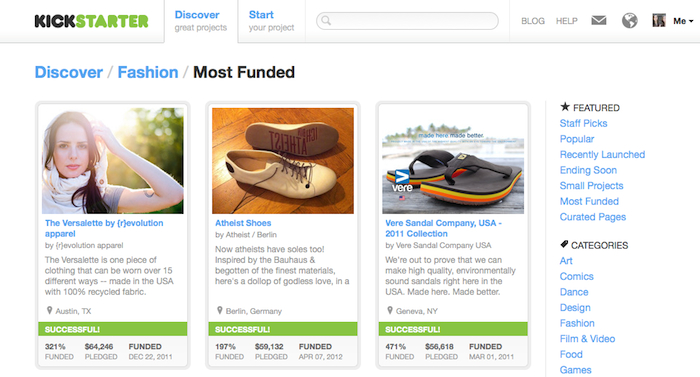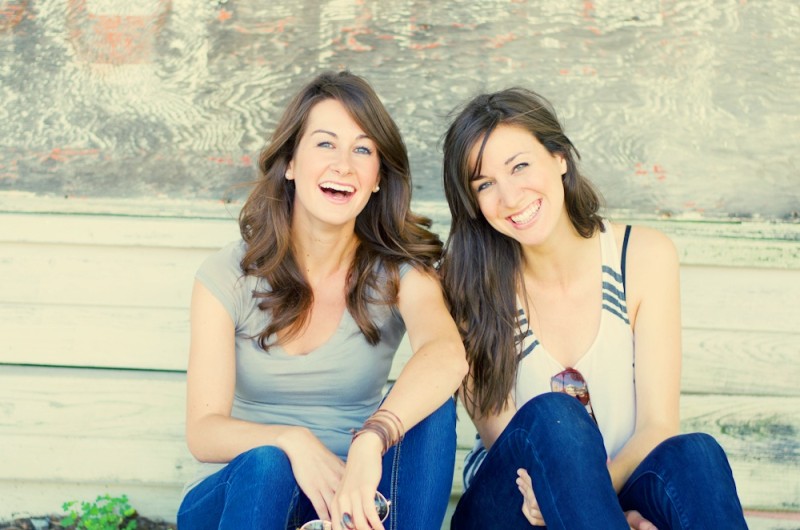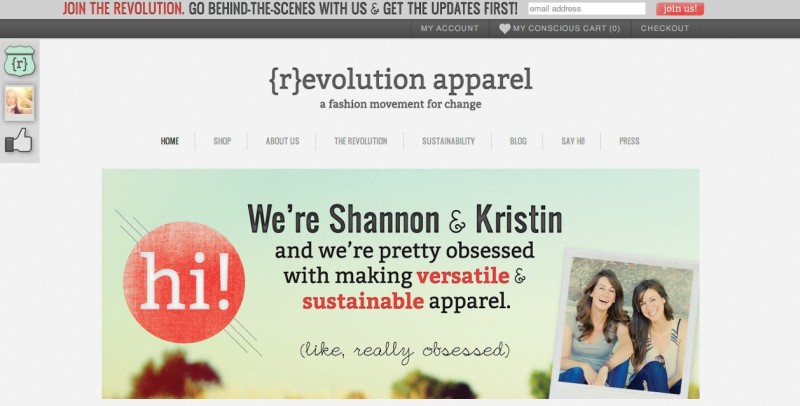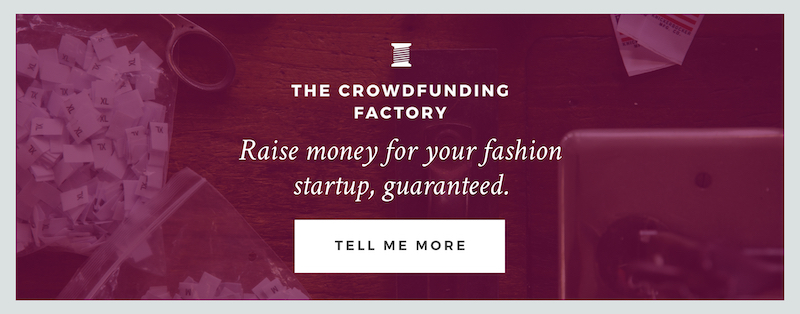How to Use Storytelling to Raise Over $64K for Your Fashion Brand
Four years ago I co-created the highest funded fashion project in Kickstarter history at the time.
To fund the first production run of our product, the Versalette, one garment that can be worn over 30 different ways, my co-founder and I looked to Kickstarter to raise $20K in 30 days.
What happened over those 30 days far surpassed our wildest dreams. Not only did we acquire nearly 800 backers, quadruple our first production order and attract the attention of The New York Times, but we finally saw a year and a half of hard work pay off.
When we clicked the launch button we had no idea what to expect. We had an email list of less than 500 people, a Twitter following of about 800 and a Facebook following of less than 1,000.
Kickstarter wasn’t what it is today, so it had far less traffic and didn’t yet have the trust of potential backers who didn’t know what “a Kickstarter” was.
But despite the lack of internet marketing tactics, an advertising budget or a team of employees, my co-founder and I did have one thing on our side.
A compelling story.
For a year and a half, we had been leveraging effective storytelling through blogging and social media. Four years later, branding gurus now call that “content marketing.”
Our marketing strategy wasn’t calculated or premeditated — even though it would have been a pretty smart plan. We were just two aspiring entrepreneurs in our mid-twenties who wanted to start a sustainable apparel company. And we wanted to share that journey.
We were transparent, candid, and authentic — not holding back with stories from the “entrepreneurial trenches.” We blogged weekly to share our experiences with our small readership and the more honest we were, the more our audience responded.
By the time we launched our Kickstarter campaign, our “followers” knew about our first big co-founder fight, our samplemaking mistakes, and our expectations for what we were going to create and how we were going to create it.
Do you know what happens when your followers feel like they’re invested in your past, present, and future? They get out their wallets and invest in you.
We raised $10K in 36 hours and with more than half of our campaign left, we blew past our goal of $20K to finish our last day with $64,246.
The lesson? If you have a compelling story that’s authentic and “shareable,” then the idea will spread.
Whether you’re prepping for a Kickstarter campaign down the road, planning to bootstrap your business, or are looking to raise VC money, your brand must have an engaging story that resonates with potential customers.
The good news is, creating that story is a lot easier than you think. It’s simply a matter of being authentic, tapping into what is uniquely you, and sharing it.
Here are a few questions to ask yourself if you’re in the branding phase of starting your company and are still trying to figure out how you’re different:
- Ask a few close friends what they think is most interesting about you and your background. What do people tell you is especially cool about who you are?
- What problem are you solving for your customer? What is especially interesting about that problem and your solution for it?
- What is your “one sticky message?” Meaning if you had to come up with one sentence that described your story, how would you make it super memorable and “shareable.”
- If you were at a networking event and you had to do one of those awkward “ice breakers” what would be the interesting “fun fact” you told everyone about yourself?
These are prompts to get you thinking — the trick is to weave together the best components of your story in a way that engages others to want to know more.
As soon as you have a foundation for your story, you have to start telling it. And that’s the hardest part. It’s scary to put yourself out there, show vulnerability, and not really know what’s going to happen.
But the sooner you do it, the closer you are to creating a brand.
And you know what happens when you have a great brand?
You start to attract customers.
And then, not only do you have a product, a story, and a brand —
You have a business.
This article originally appeared as a guest post on Startup Fashion here.







